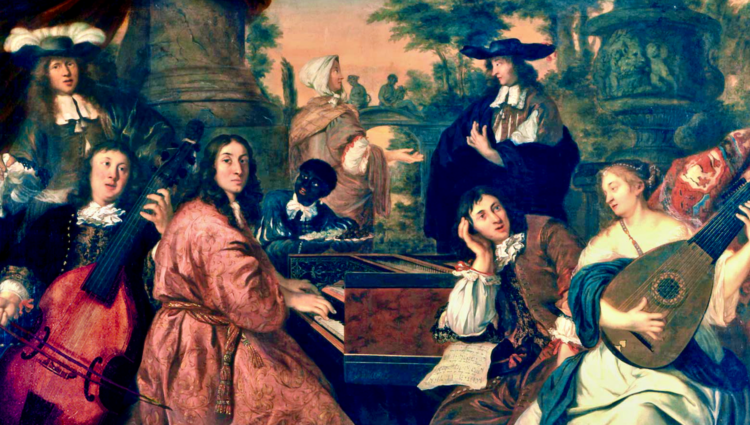Dieterich Buxtehude: The Unsung Influence in Classical Music
Introduction
The initial perception of Dieterich Buxtehude as a minor figure who merely influenced Bach belies his profound impact on classical music. If Buxtehude indeed played a crucial role in inspiring Bach, he can be credited as the precursor to the classical music tradition that we cherish today.
Evolution of Classical Music Experience
Classical music today is often consumed in a detached, academic manner, contrasting with its original integration into daily life. In the past, music was a live, communal experience tailored for specific events or intimate gatherings, rather than mass consumption. Despite the abundance of music accessible in the digital age, the depth of our musical experience may not necessarily surpass that of our ancestors.
The Shift in Musical Appreciation
While the quantity of music available has increased significantly, the quality of our engagement may have diminished. The passive consumption of music contrasts with the active participation prevalent in history. The essence of creating music for the moment, as exemplified by Bach, diverges from the modern concept of art for posterity.
Buxtehude: A Musical Journey
Dieterich Buxtehude, born around 1637, likely in Denmark, epitomized the fusion of sacred and secular music in his compositions. His pioneering Abendmusik concerts in Lübeck showcased a blend of vocal and instrumental pieces, captivating audiences with symphonic grandeur. Buxtehude’s music transcended formal settings, resonating in both sacred ceremonies and informal gatherings, reflecting the intrinsic connection between music and life.
The Art of Chamber Music
Buxtehude’s chamber sonatas exemplified a departure from traditional forms, embracing expressive freedom and intricate harmonies. His innovative use of ground bass technique lent a timeless quality to his compositions, symbolizing stability amidst musical evolution.
Spiritual Essence in Buxtehude’s Music
Buxtehude’s compositions emanated a spiritual aura, embodying a blend of Lutheran and Catholic influences. Works like Membra Jesu nostri exemplified his emotive resonance, inviting listeners to immerse themselves in the poignant narrative of Christ’s suffering.
Legacy and Influence
Buxtehude’s profound influence extended beyond his musical prowess to his humble dedication to serving the common good. His mentorship of young talents, including Johann Sebastian Bach, solidified his legacy as a pivotal figure in the evolution of classical music.
Unveiling the Baroque Era
The Baroque era, characterized by its exuberance and spiritual depth, found a maestro in Buxtehude, whose compositions bridged the sacred and secular realms. His contributions laid the foundation for the illustrious lineage of classical composers, shaping the course of musical history.
Embracing Buxtehude’s Legacy
Acknowledging Buxtehude’s pivotal role in shaping classical music invites us to reexamine the intrinsic connection between art and life. Delving into the rich tapestry of early music, Buxtehude emerges as a compelling starting point, offering a gateway to a bygone era of musical enchantment.
In conclusion, Dieterich Buxtehude’s significance transcends mere influence, positioning him as a cornerstone of classical music’s evolution. His legacy resonates through the ages, reminding us of the profound harmony between artistry and existence.
